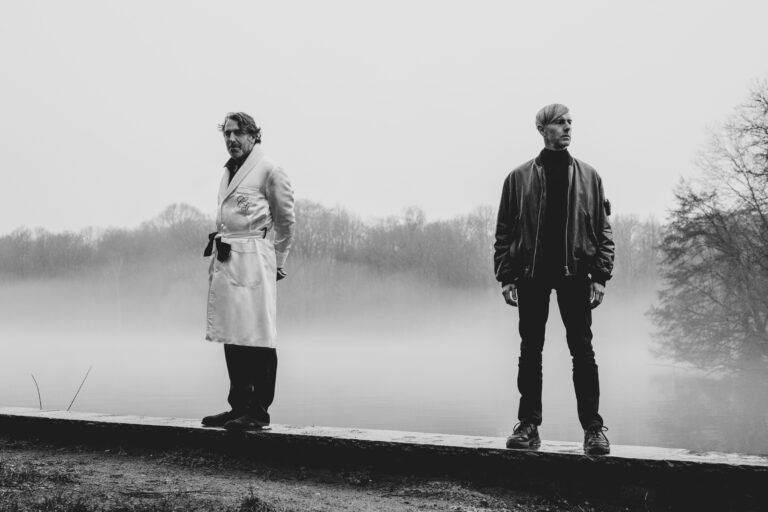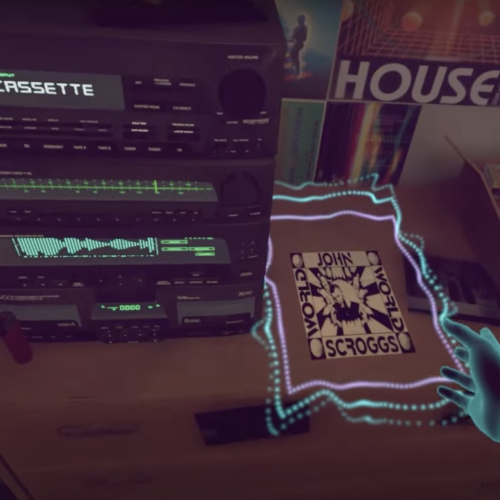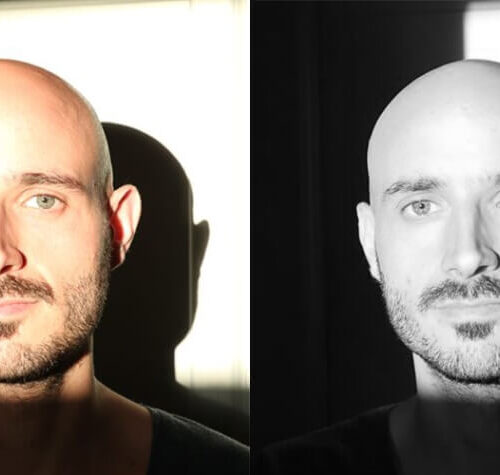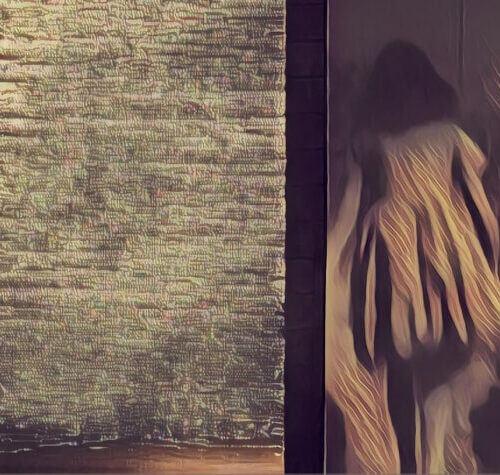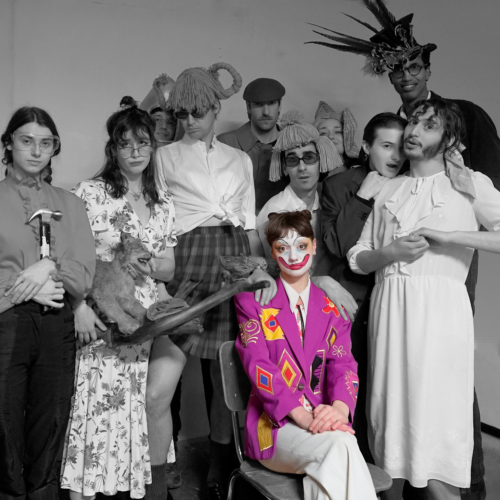Additional Information
At first glance, the meeting of Richie Hawtin alias Plastikman and Chilly Gonzales, two Canadian artists of international reputation, was unlikely. The two knew each other by reputation but their creative worlds, one electronic and the other (mostly) instrumental, were not concomitant. However, thanks to Tiga, another world-renowned local player, the meeting took place and was perfectly conclusive. Under the Turbo label, “Consumed In Key” happens to be an authentic synergy between Plastikman and Gonzales, each of their expressions is magnified, revitalized, and becomes a creative boost for these two highly prolific musicians as we know.
PAN M 360 wanted to know more about this collaboration, Richie Hawtin answered our questions generously.
PAN M 360: The encounter between Richie Hawtin / Plastikman and Chilly Gonzales is obviously fruitful. What are your own impressions of the result?
RICHIE HAWTIN: We are happy and proud of the result. In a way, it was a guarantee, because I think, you know, you put two focused, talented people together who have their own identities. The only thing that could have gotten in the way would have been each other’s egos. And, you know, when Tiga contacted me during the pandemic and told me that Chilly had started working on this idea and had done three mock-ups, I was baffled. How could anyone else think of a project like “Consumed in Key”? What could they add to it? Of course, Chilly is a very well-known and respected musician. But I didn’t know him, I didn’t know anything about him. But since Tiga has been a big supporter of Plastikman since the early days, there had to be something to this collaboration idea. And so I listened to the demos and I still wasn’t convinced, probably because I’m not a true fan of acoustic music.
PAN M 360: We see that the addition of acoustic music in electronic projects is often superficial, without substance. Most of the time, when we see an inclusion of instrumentals from an electronic point of view, it’s often average, because the musicians invited are not at a high level, and also because the electronic musicians don’t know much about acoustic or instrumental music.
RICHIE HAWTIN: Yes. So I thought yes, it was interesting and we should do this project, as long as I was able to control the final mix. I felt like Chilly was approaching the album from his own point of view, a very distinct point of view, and I didn’t want to get into a conversation about the pros and cons of the potential impact of this product. So I think one of the best decisions was to leave it like that and allow Chilly to approach this work as he interprets it, and let him go with it. And that’s what we did. And so I think the collaboration was Chilly’s collaboration with my ghost, our dialogue was what we were doing musically. So he got to know me by composing his first pieces. When he sent them to me, I did the same on my side, I had to think about how to integrate his work. And it was a very long journey for me, there were, I think, almost a hundred versions of the final.
PAN M 360: We understand that Tiga was a crucial link between you and Chilly Gonzales.
RICHIE HAWTIN: We were both friends of Tiga. Chilly had mentioned to him that he had composed something and that I might be receptive to it. Tiga has a great sense of timing and he became Chilly’s translator of my creative thoughts, knowing that this collaboration was possible and could take us further. He was sort of the executive producer of this project, in the true sense of the word because he was really involved in the exchange between Chilly and myself.
PAN M 360: Can you explain the working method?
RICHIE HAWTIN: Sure. Pieces would come to me via Tiga, as Chilly finished each track. I would send some information back to Tiga, which he would pass on to Chilly. And we would get to a point where Chili’s work was done, until he was completely satisfied with what he had accomplished. Methodically, I then began to go through the recording from beginning to end, because you have to understand that this album is to be consumed from beginning to end, in an order fairly close to the first working version. As I became more involved in this project, I became more sensitive to understanding the pieces Chilly composed. And the pieces started to become more specific, more similar to each other. For a while I thought, okay, maybe in the end I should go back now and have a discussion with Chilly. And finally, no. It was a dance that we had together from a distance, a kind of artistic romance between two approaches. The beauty of it, actually, is the intimacy of a pianist alone in his studio and me alone with this piano music in my studio. It becomes something really unique. This way of doing things allowed us to each have our creative moments and our moments of asserting our egos, so that our work would be in sync at the end.
PAN M 360: There was a back and forth, so in the context of a virtual relationship.
RICHIE HAWTIN: It was virtual until the final mix. For months, I didn’t get a single direct phone call from him, all the information went through Tiga. And I only met Chilly in person last December, when we shot the first promotional video and gave our first interview. That’s also what attracted me to this unconventional project, it’s part of its charm.
PAN M 360: It’s a real challenge to get this mix with piano and electronics right. It can easily slip into the cheap new age, while we have a substantial project at the end of the day. It allows everyone to offer a new facet of their work.
RICHIE HAWTIN: And Chilly might tell you that he heard something in this project that challenged him, because it went against his musical education. We could have talked about it but we didn’t. On my side, I was really looking for a new inspiration, reading biographies of jazz musicians like Miles Davis. Although “Consumed in Key” was not meant to be an electronic jazz album, there was this idea of leaving space between the notes, like in Miles Davis’ music. Chilly felt that too. So I think for him it was a challenge to sit down at the piano, wondering how to negotiate with the silence. Once he sent me his work, I also had to ask myself how to respond to it with this open approach.
PAN M 360: From your own perspective, what have you accomplished? How has it changed your own practice?
RICHIE HAWTIN: I connected to the beauty of an organic flow, and realized how important it is to trust your instincts. You know, the further along you get in your career, the more you use technology and this and that. And the more you do it, the more people know what you’re doing… a noise builds up around you, you can lose track… This work with Chilly has allowed me to be intimate with myself again artistically, hold the mirror very, very, very close to my work and refine it. Of course, one does not change oneself fundamentally, but sometimes new flashes can occur. And that’s what happened. I felt that something really special by trusting my intuition, by accepting to see where it would take me. So after so many years, electronic music continues to surprise, challenge and inspire me.
PAN M 360: Could this material be transposed on stage in the near future?
RICHIE HAWTIN: I don’t think so. It’s not a creative problem, it’s a scheduling problem, as stupid as that sounds. That said, we’re very, very proud and pleased with how it turned out, and if something else exciting comes out of this collaboration, well, we’ll see where it goes. For now, at least I feel really good. It’s beautiful when I listen to this record, it’s beautiful when I see people hearing it for the first time.
